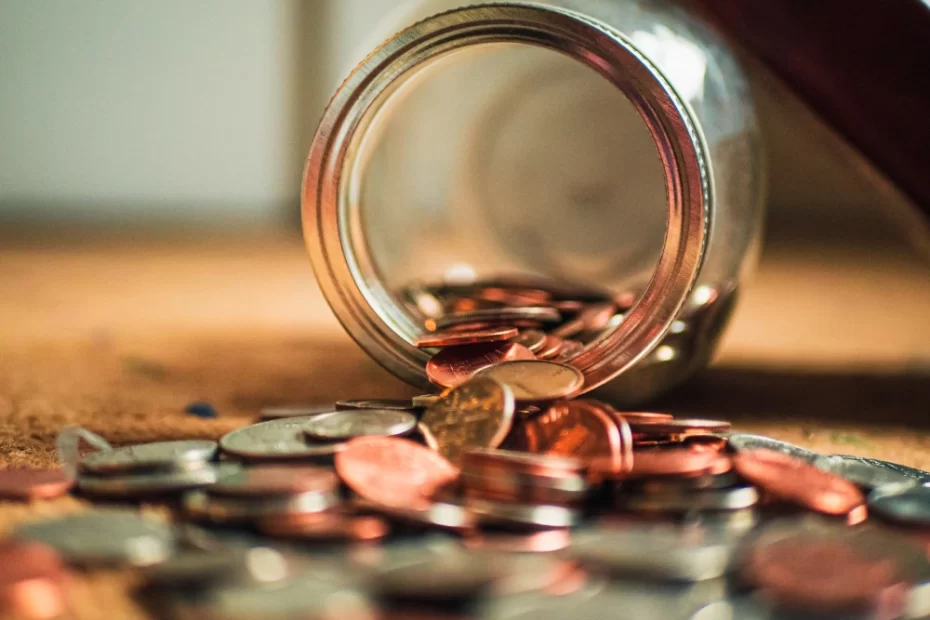1. Do your research and make a plan before buying random stuff
There are many resources available to help you select what kind of prepper you want to be. Do you wish to have a first aid kit and enough food to last for a few weeks to months? Or do you want to go as far as building a bunker in your backyard or a remote spot with a year’s worth of food storage, 72-hour kits, and other supplies? Your budget will impact your prepping plans. Sadly, the bunker is not realistic for most of us. A hidden shelter somewhere in a remote place that only you know about might be possible however…
Make a plan of what you want to achieve. This will determine the items you need to stock up on, be it food supplies or tools or other gear.
Study the items you wish to purchase. In New Zealand there are different brands and retailers available, some are prohibitively expensive, others more cost efficient.
You might already have some of the items that you want/need at home. Figure out where they are and organize them. Maybe its not the newest flashest bit of kit but it will do.
It is much simpler to keep to your budget when you have a strategy in place since you are confident that you are not squandering money on unnecessary items.
2. Do your research
Study the items you wish to purchase. Where can you get what you want, are there cheaper alternatives? One example would be my beloved Leatherman Wave that I absolutely love. My partner got a Leatherman Knock-off from Goodtohave. I can in good faith claim that it is nearly as good as my Leatherman Wave at a third of the price.
You might already have some of the items that you want/need at home. Figure out where they are and organize them. Maybe it’s not the newest flashest bit of kit but it will do for now.
3. Build up your stores over a longer period of time
When starting with the prepping journey many people will want to immediately build up their stores and outfit their survival kits. However, if you give yourself a bit of time and resist the natural urge to get prepared as quickly as possible it enables you to build up stocks over time. Those 50kgs of rice that you cant afford to buy? What about buying a spare kg each week and build up your stores slowly. This will minimize the weekly impact on your bank account.
Many places do specials around public holidays or end of summer/winter. Often it pays off to wait a bit.
4. Prioritize
Figure out which preps are the most important and urgent for you, and set them up first. Try not to do too many things at once and start out basic.
5. Create a Survival library
Op shops will often have used books very cheap especially gardening books and recipes. Give them a visit every once in a while, and build up your survival library that way.
Another way to build up a (digital) library is to download pdf eBooks which in many cases are completely free. Just keep in mind that during a disaster you will likely not be able to read an eBook unless you have emergency power.
6. Learn Survival Skills
You can learn the skills you need to survive a disaster without having to pay money on a survival camp or course. One way is to simply read those eBooks mentioned above. Streaming Platforms like YouTube often have a ton of very good tutorials about various topics including Canning, Soap Making, Knot tying, Edible plant identification or carpentry. I literally learned beekeeping that way.
7. Start Networking
Networking with other preppers in your area is free and always a advantage during disasters.
It should be simple to start your own group if you can’t discover one already established that fits your needs. Some organisations are started with the idea of bugging out together or perhaps building a self-sufficient community where people can reside while getting ready for a SHTF situation. Other groups will merely wish to exchange concepts and materials. Before you join or start a group, be certain you know what you want from it however.
8. Get fit and healthy
One of the most effective and obvious measures to increase your survival is physical fitness. However, the bulk of preppers disregard its significance, largely since purchasing certain equipment is simpler than improving one’s diet or exercising.
Healthier home-cooked food will be cheaper than fast-food takeaways and improve your health (thus reducing your dependence on medicals).
Try to regularly go on hikes in the evenings or weekends and gradually increase the distance you can walk. Get a backpack (you might either already have one or find one in an op shop) fill it with stuff and practice carrying heavier loads. Later that backpack can literally be your 48h kit that you put to the test.
Do you have a neighbour/relative who’s a farmer? Maybe he would be happy for you to help him occasionally. Farming is hard work and thus makes for good exercise. And you build up a relationship with somebody who might supply you with food during SHTF. And you will gain a lot of knowledge.
Your life will be substantially enhanced by fitness, which also lowers your risk of illness and increases your likelihood of surviving one.
